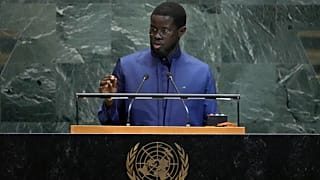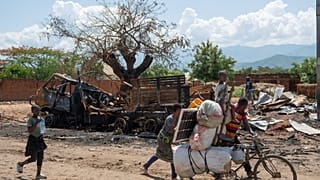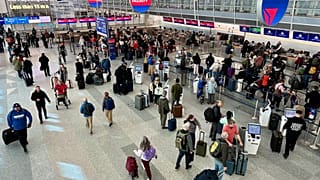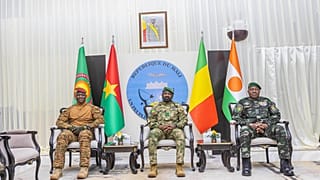Mali
Mali's opposition accuses military junta of failing to protect the country amid a long-running shortage of fuel.
For the last two months, Mali’s capital, Bamako, has face a growing shortage of petroleum products.
Now the country’s opposition is urging the population to “open their eyes” to a regime that “seizes the nation” without protecting it.
The al-Qaeda affiliated Support Group for Islam and Muslims, or JNIM, has orchestrated the shortage by blocking the country’s fuel supply routes, even going so far as to set fire to fuel tankers transporting petrol.
The situation is having social and economic repercussions, prompting the head of Mali’s transitional government, General Assimi Goïta, to call for unity in the face of what he described as a “terrorist threat.”
This comes even as his foreign minister tries to downplay the situation, claiming that there is no blockade of the capital.
Several countries have recently urged their citizens to leave Mali, raising concerns about the scale of the country’s security crisis.
In July, Goïta, the leader of Mali’s military junta, passed a law extending his stay in power until at least 2030











00:58
Niger sends fuel convoy to Mali to ease supply woes
01:43
Nigeria: Parents anxiously waiting for the release of kidnapped schoolgirls
Go to video
Nigeria scraps planned 15% import duty on petrol and diesel
00:54
Mali’s foreign minister dismisses fears of jihadist takeover
00:54
Mali: African Union Commission calls for urgent international action on security crisis
00:59
Mali: France advises its citizens to leave the country as soon as possible